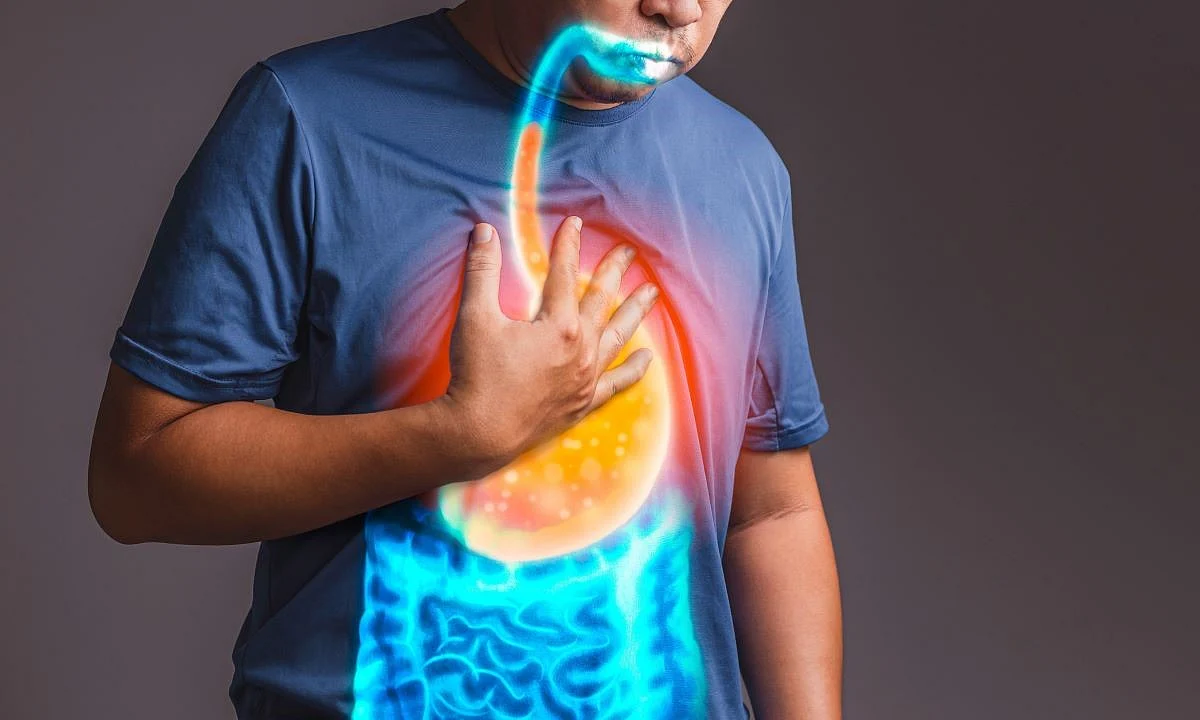
Vaping might be more effective than traditional nicotine replacement therapies in helping people quit smoking, a new Australian study says. Six-month smoking abstinence rates were three times higher among people using flavored nicotine-laced vape devices, compared to those given nicotine gum or lozenges, researchers reported July 14 in the Annals of Internal Medicine. Flavored vapes… read on > read on >


















